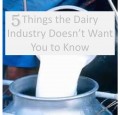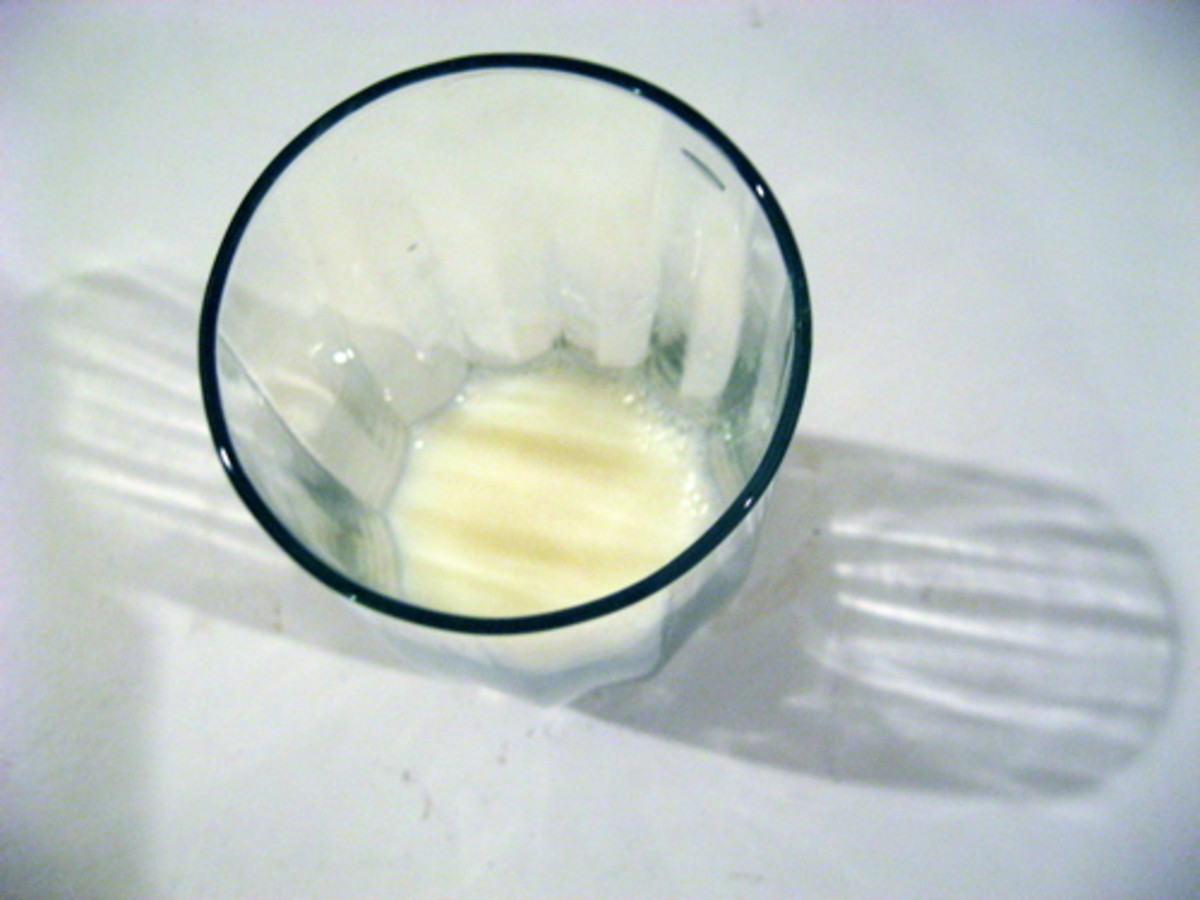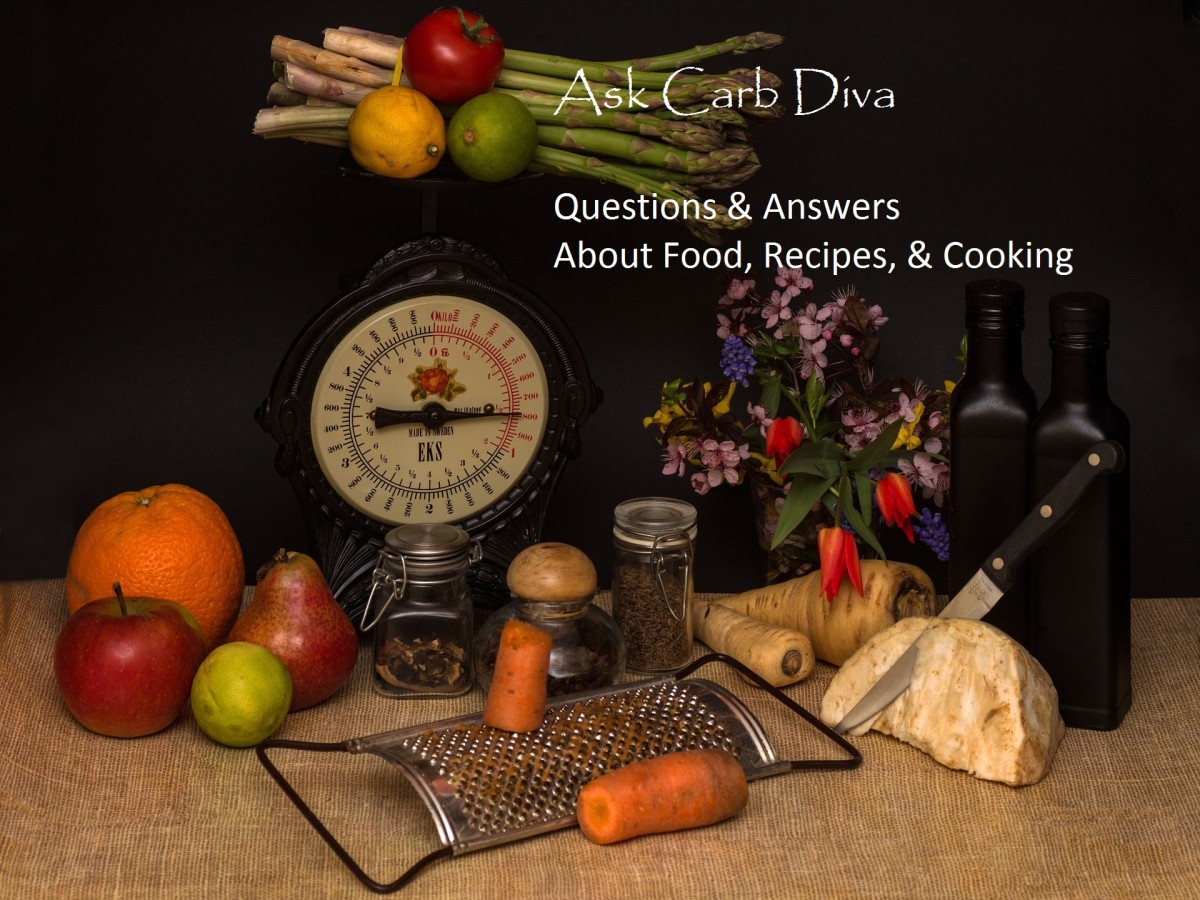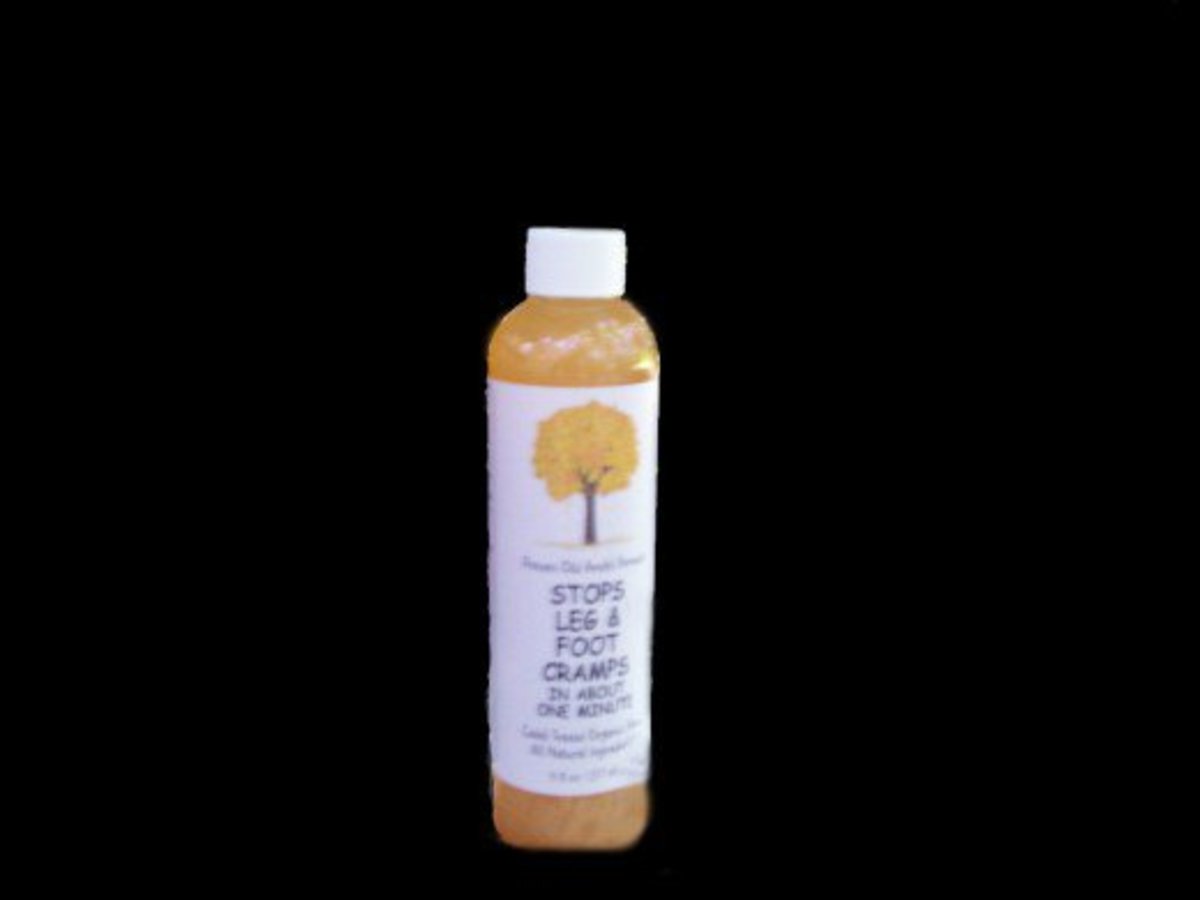Raw Milk: Benefits and Risks
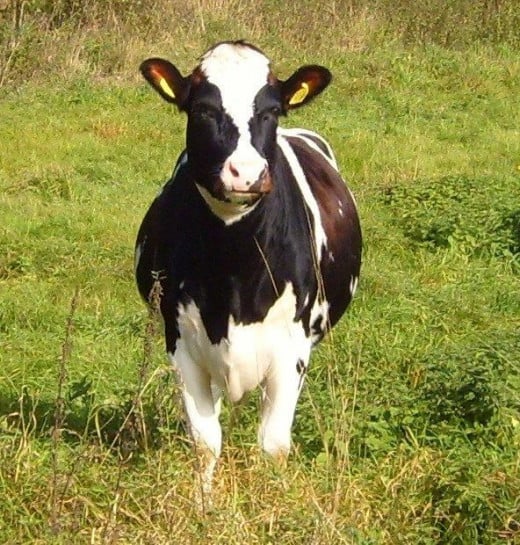
As consumers increasingly seek to simplify their lives and their diets, the pasteurization process of milk has come into question. Many are now rejecting pasteurized milk (the kind you can buy in the store) for raw milk, often bought directly from a dairy. Though FDA laws are designed to regulate the sale of unpasteurized milk, many are skeptical of the FDA’s stance, motives and reasons.
In this article, I will consider the benefits and the risks of raw milk, allowing you to decide for yourself what is right for you and your family.
History of Pasteurization
I'll first explore the history of pasteurization and why the process was implemented.
According to the CDC, before the process of pasteurization, illnesses caused by the bacteria found in milk included “tuberculosis, diphtheria, severe streptococcal infections, typhoid fever” and other food related problems.
Before pasteurized milk was available, many would boil their milk to sterilize it and rid it of the excess bacteria.
Pasteur discovered that bacteria lived in food and contributed to its spoilage. He made a series of discoveries that led him to develop the theory of pasteurization and process.
As a side note, Pasteur was also responsible for vaccines that protect against anthrax and rabies.
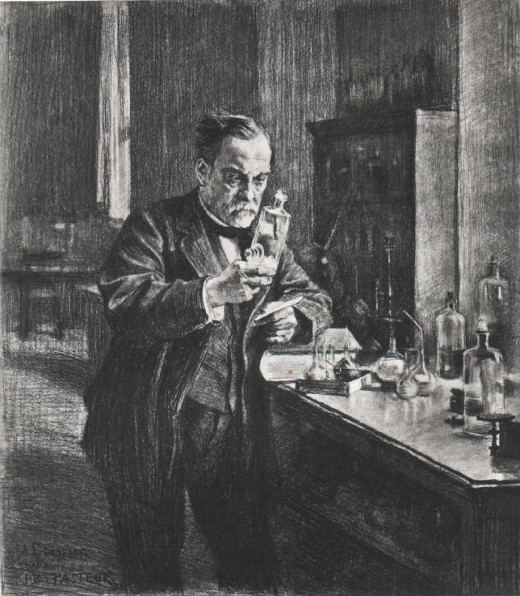
After the pasteurization process was applied to milk, incidents of tuberculosis caused by milk declined significantly, eventually nearly eradicating this as a problem from this source.
If the guidelines for time and temperature for processing the milk were met, bacteria were brought to safe levels for human consumption. This reduced the risk of illnesses caused by bacteria in milk.
However, if any part of the process was disturbed or contaminated, the pasteurized milk could still carry higher levels of bacteria and make the consumer sick.
What Raw Milk Advocates Say
According to Seattle Times Maureen O’Hagan, those that advocate for raw milk are very passionate about it. They tend to be suspicious of government and corporate America (and likely this is not without reason or justification).
Raw milk proponents believe that it can help with kids’ allergies, ease illnesses such as asthma and arthritis and maybe even help with learning disabilities. Though there is no actual evidence available at this time to prove or disprove these claims, proponents say they have seen results. Clear evidence and proof would be needed to link the claims and the origin of any healing.
There are however provable benefits to raw milk which include keeping the good bacteria and supporting organic, small farm milking practices.
Pasteurization breaks down the enzymes that usually make milk digestible. It also lowers the natural occurrence of certain vitamins and minerals within the milk itself.
Raw milk at this point is most often obtained from smaller farmers who have more sustainable farming practices. It can also be bought relatively fresh, lowering the shelf time and thus lowering the risk of the multiplication of the bacteria in the milk
Raw milk advocates also seek organic foods, ones that are not likely to be affected by growth hormones, antibiotics and cows on unnatural diets.
Raw milk supports sustainable farming practices.
Raw Milk Sales For Human Consumption Prohibited
Alabama
| Kentucky
| Tennessee
|
|---|---|---|
Arkansas
| Louisiana
| Virginia
|
Colorado
| Maryland
| West Virginia
|
Delaware
| Michigan
| Wisconsin
|
District of Columbia
| Montana
| Wyoming
|
Florida
| New Jersey
| |
Georgia
| North Carolina
| |
Hawaii
| North Dakota
| |
Indiana
| Ohio
|
States Where Sale of Raw Milk Is Illegal Source: USA Today
What the Pro Pasteurization Side Says
Before 1938 and adoption of pasteurization, about 25% of foodborne illnesses within a community were traceable to raw milk.
After the introduction of pasteurization, food borne illnesses related to milk lowered significantly. Pasteurization was hailed as a miracle of science and progress.
Part of the problem with raw milk is the transfer of E Coli and other bacteria through contamination of the milk during the milking process or through contamination through contact with manure. As O’Hagan noted in her article (mentioned earlier) “When you hear about food-borne illness, think manure.”
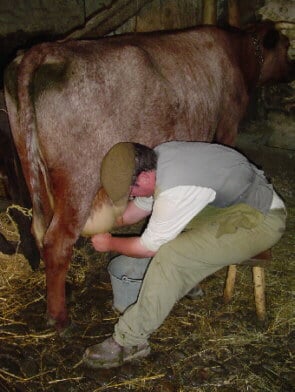
Cows are creatures that naturally produce a lot of manure. The areas they occupy thus become also contaminated with manure. E Coli that is naturally occurring and not harmful to the cows can cause extreme diarrhea, illness, paralysis and death in humans. It is therefore extremely hard to assure a clean catch of the milk because of the environment.
Stories of children and young adults who are sickened or killed by foodborne illness sourced back to raw milk are out there and growing.
While foodborne illness can contaminate any source of food (for example, unwashed fruit). The fact that E Coli and bacteria are naturally occurring within the cow’s body and within the milk pokes holes in that argument. They are always there and present.
Ways Milk Can Be Contaminated
Cow manure
| Bacteria that naturally lives on cow skin and udders
|
|---|---|
Mastitis (Puss in the milk)
| Fecal or Dirt contamination of equipment
|
Cow illness
| Rats, Mice and Insects
|
Humans contacting it and spreading germs with unwashed hands or clothing.
|
Source: CDC http://www.cdc.gov/Features/RawMilk/
Pasteurization
The CDC claims that heat from the pasteurization process affects three vitamins found in milk—Vitamin C, B 12 and Thiamine. However, these vitamins are in trace amounts to begin with and milk is not considered a good source for these.
The pasteurization process also does kill good bacteria, the kind that are good for your body and gut. However, there are healthier and safer ways for everyone to consume the good bacteria that proponents of raw milk are seeking.
Yogurt with live and active cultures is a better choice and unlikely to make you sick.
Some raw milk drinkers are seeking organic foods, grown or harvested on smaller, local farms. But pasteurized doesn't necessarily mean "not organic" or even "not raised on a small farm."
There are ways to obtain small farm, organic, pasteurized milk.
A micro dairy pasteurization process can give the consumer seeking an organic product a safer alternative.
The video below shows that process for one of these micro dairies.
Micro Dairy Pasteurization
Final Thoughts
There are strong feelings on both sides about milk and milk consumption. On the one hand, people in the old days used to drink raw milk and they were fine.
Except they weren’t.
Illnesses then versus illnesses post wide spread adoption of pasteurization are not even comparable.
There seems to be plenty of risk associated with raw milk consumption, especially for children, young adults and those that are sick or have compromised immune systems.
Eating healthy and eating naturally are admirable goals. Living closer to the land and seeking organic food sources is a healthy goal for all of us. However, raw milk seems to carry more risk than promise.
There needs to be more scientific studies on the benefits and problems of raw milk consumption.
What do you think?
Do You Drink Raw Milk?
Choose the best answer below.
References
- CDC - Food Safety and Raw Millk - Food Safety
Information about the risks of consuming raw milk. - Is raw milk available and legal in your state?
USATODAY.com Latest News - Landro, Laura. A Raw Clash Over Unpasteurized Milk - WSJ.com
Advocates say 'raw' milk is rich in disease-fighting nutrients and healthy enzymes that are lost in pasteurization, but public health officials argue that pasteurization is the only way to ensure its safety. - The Weston A. Price Foundation - Weston A Price Foundation
The Weston A. Price Foundation for Wise Traditions in Food, Farming, and the Healing Arts. - www.NaturalMilk.com - Where Sale of Natural Milk Is Allowed
- White, Carol. HowStuffWorks:History of Pasteurization
The history of pasteurization starts with the research that was conducted by Louis Pasteur. Learn about the history of pasteurization.


